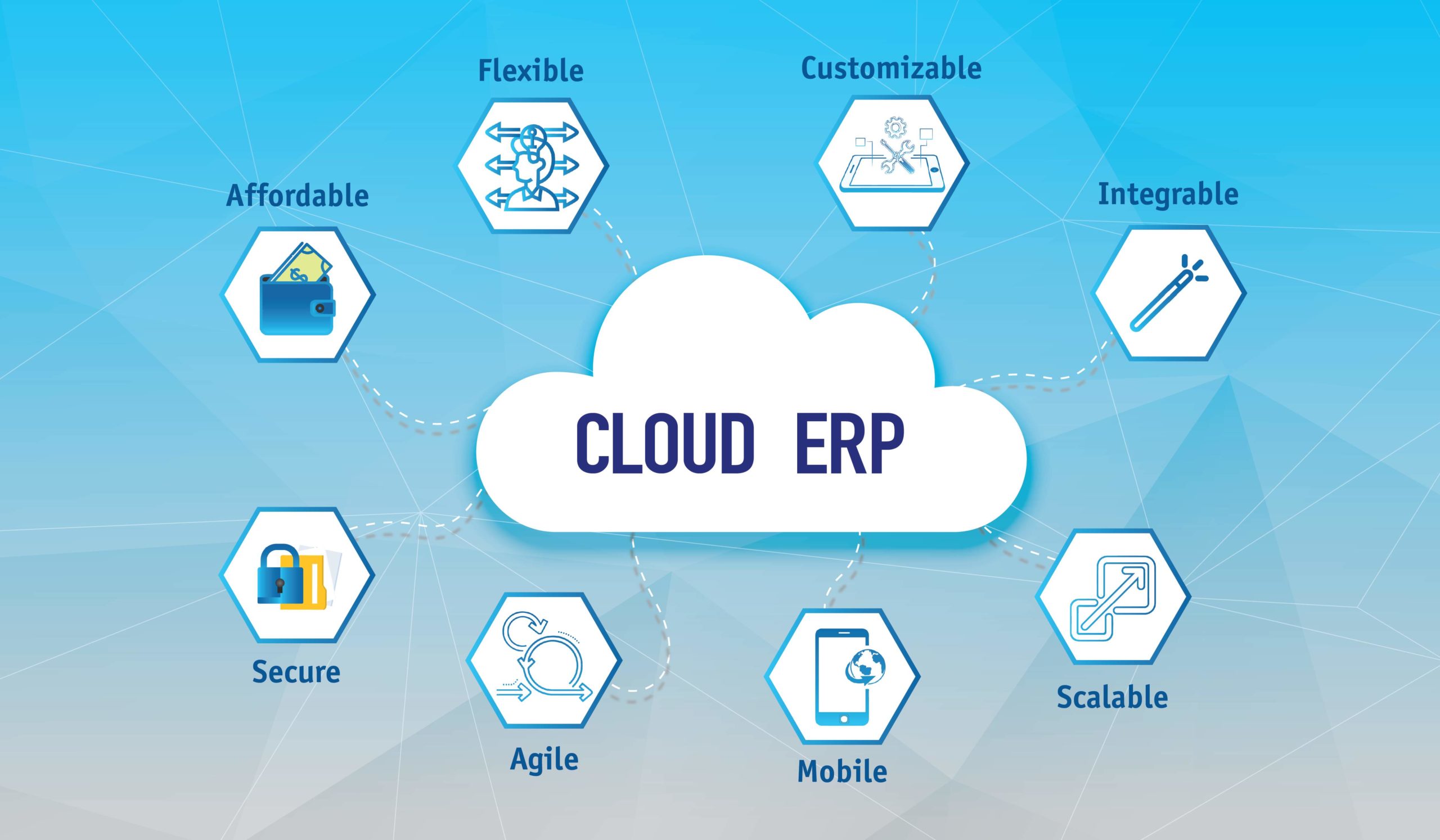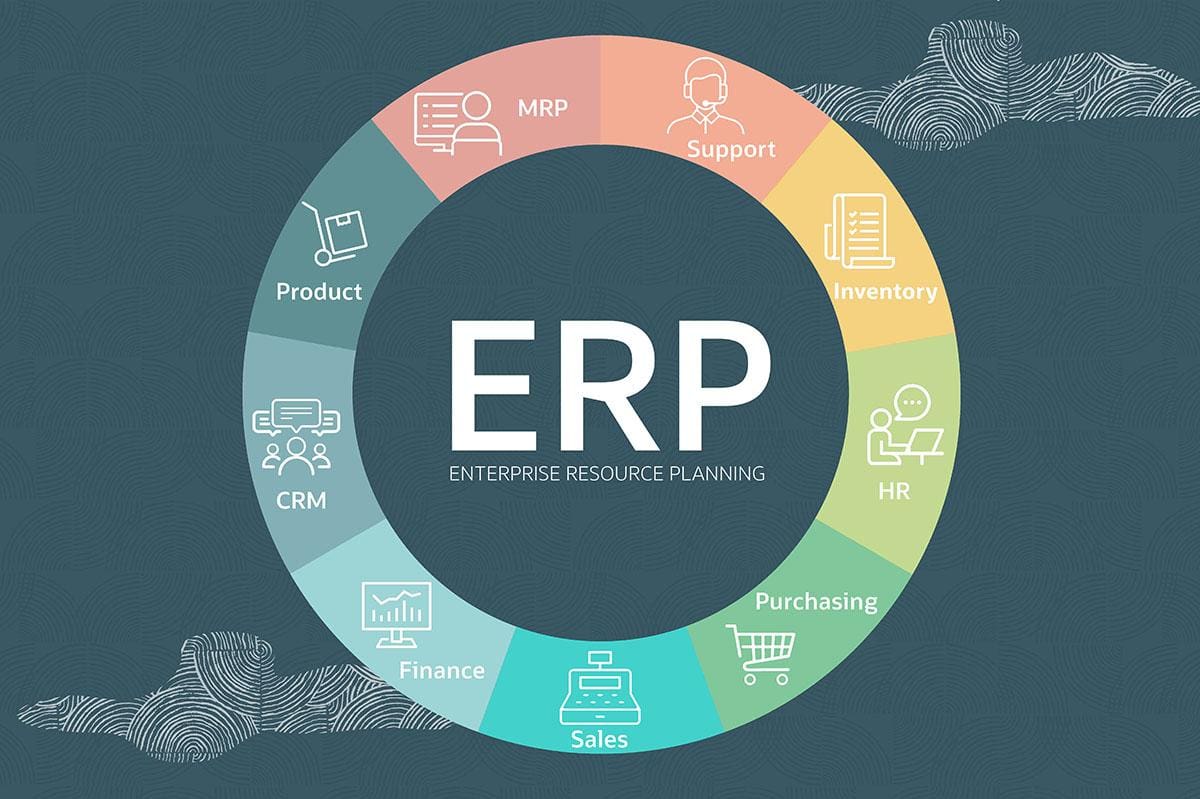What is cloud based erp software? definition and components

A Comprehensive Guide to Cloud-based ERP Software
Cloud-based ERP software has revolutionized the way businesses operate, enabling them to streamline their processes and drive growth. In this article, we will delve into the intricacies of cloud ERP systems, exploring their definition, components, and benefits.
With the advent of cloud technology, businesses are increasingly shifting towards cloud-based ERP software. But what exactly does it entail? Simply put, cloud-based ERP (Enterprise Resource Planning) software is a centrally hosted system that allows businesses to store, manage, and analyze their data on remote servers. This eliminates the need for on-premise servers, providing businesses with a more efficient and scalable solution.
One of the key components of cloud ERP software is its ability to integrate various business functions, such as finance, sales, inventory management, and human resources, into a single unified system. This integration enables smooth data flow and enhances collaboration across departments, resulting in improved operational efficiency.

Understanding the Working of Cloud ERP
Now that we have a basic understanding of cloud-based ERP software, let's take a closer look at how it works. Cloud ERP operates on the principle of leveraging the power of the internet and cloud technology to store and process critical business data. It involves a centralized system where data is stored securely in the cloud, accessible to authorized users from any location, at any time.
Cloud ERP systems offer numerous benefits to businesses. Firstly, they eliminate the need for significant upfront investments in hardware and infrastructure, making them a cost-effective solution. Additionally, as cloud ERP providers handle maintenance, updates, and security, businesses can focus on core activities, thereby reducing the burden on internal IT resources.
Cloud ERP also facilitates real-time collaboration and data access, enabling employees to work remotely without any hindrances. This is especially crucial in today's fast-paced business environment, where agility is key to success. Furthermore, cloud ERP systems provide scalability, allowing businesses to easily adapt and expand as their operations grow.
A Recipe for Success: Implementing Cloud ERP
To reap the benefits of cloud ERP, businesses must ensure a successful implementation. Here are a few key steps to consider:
1. Assessing Needs and Objectives:
Understand your business requirements and goals. Identify areas where cloud ERP can add value and determine the features and functionalities you need.
2. Choosing the Right Vendor:
Research various cloud ERP providers and select a reputable vendor that aligns with your business needs. Look for a vendor with a strong track record and reliable customer support.
3. Data Migration and Training:
Migrate your existing data to the cloud ERP system carefully. Train your employees to ensure they can maximize the system's potential and utilize all its features effectively.
4. Continuous Monitoring and Evaluation:
Regularly monitor and evaluate the performance of your cloud ERP system. Make necessary adjustments and improvements to optimize its usage and address any issues that may arise.
In conclusion, cloud-based ERP software offers businesses a scalable, integrated, and cost-effective solution to manage their operations efficiently. With its ability to streamline processes, enhance collaboration, and provide real-time data access, cloud ERP is becoming increasingly popular across industries. Embracing cloud ERP can undoubtedly drive growth and bring your business to new heights in today's competitive landscape.